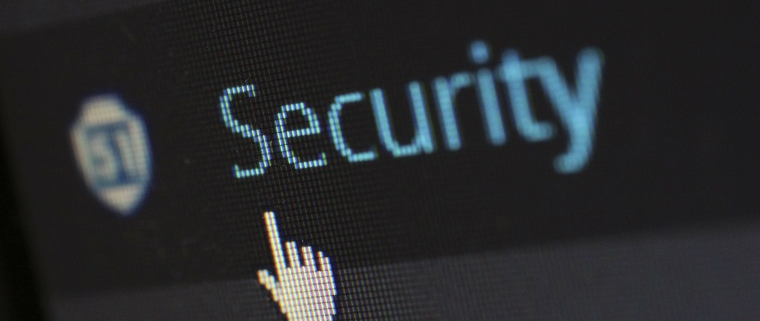Viruses and Hacking
Our personal computers often contain a large amount of personal information, making them valuable to cyber criminals who want to steal someone’s identity and/or financial details.
There are several methods criminals can use to ‘hack’ (gain unauthorised access to information) your computer:
Phishing emails
The most common method criminals will use to hack your computer is in the form of an unsolicited ‘phishing’ email. These emails ‘fish’ for your personal information by asking you to click on a link or an attachment, and will often appear to come from a legitimate business such as your bank or phone provider, or even from a friend or family member.
If you click on the link or open the attachment, the email will release a virus onto your computer. Some emails will access your email contact list when you click on them, and automatically send unwanted junk emails to all of your contacts.
Virus
Viruses, often transmitted via email, are one of several types of malicious software that can access your computer. They can range from being intentionally destructive and causing widespread damage to being merely annoying. Different types of viruses include a ‘trojan horse’, a software program that pretends to do one thing (like claim to be a picture) but actually does another (like completely erase all your files), and a ‘worm’, which uses computer networks and security flaws to replicate itself and spread to other computers.
How can I stop my computer from being hacked?
Viruses are extremely common and can completely stop your computer form functioning, as well as make you vulnerable to identity theft. There are several things you should do to prevent your computer being infected with a virus:
- Install an anti-virus program on your computer
You need to install an anti-virus program on your computer and keep it up to date to help keep your system secure. Anti-virus software scans your computer for viruses and blocks new viruses trying to access your computer. Anti-virus software is usually sold on an annual subscription basis. There are a number of different products available and local computer shop can give you advice on which one is best for your computer.
While subscription products generally provide the highest level of protection, there are also many high quality anti-virus software programs that you can download for free. However, it is important to check that any product you download is reputable. Several websites provide reviews of these products and generally recommend Avira, Avast, AVG, Comodo and Panda. Click here to view a useful comparison of the best free anti-virus products available on a PC. If you own a Mac, click here to read a comparison of the most popular anti-virus products for Mac.
It is important to keep your anti-virus software up to date so that it can continue to defend against new emerging viruses. You should also set your anti-virus software to run regular (usually weekly) complete scans of your system to check for viruses.
- Install an anti-spyware program on your computer
Anti-spyware software keeps your system free of software that performs actions such as advertising, collecting personal data and changing computer configurations without your consent. You can accidentally allow this type of software, known as spyware, to get onto your system if it covertly installs itself when you are downloading other legitimate software.
The easiest way to prevent spyware from getting onto your computer is to install an anti-spyware program, which will monitor the computer traffic on your system and run regular system-wide scans. Some anti-virus software already includes anti-spyware protection, so it is worth checking exactly what level of protection your existing software provides.
Talk to someone at your local computer shop for advice on which anti-spyware programs are recommended for your computer.
- Turn on automatic updates
It is very important to turn on automatic updates on your system so that your computer automatically downloads security updates and fixes periodically released by Microsoft or Apple.
To access written instructions on how to turn on automatic updates:
- Windows users click here
- Mac users click here
- You can also watch this animated guide to turning on automatic updates on Windows from Seniors Guide to Computers
If you are unsure of how to install software and updates on your computer, YouTube contains many free online tutorials. Simply type what you want to learn into the search bar at the top of the You Tube homepage.
- Do not share your passwords with anyone for any reason.
See our Privacy Settings, Social Media and Online Bullying page <hyperlink to page> for tips on how to create a strong password that can be easily remembered.
- Don’t open email messages from unfamiliar senders, or email attachments that you don’t recognise.
Many viruses are spread through these unsolicited emails.


